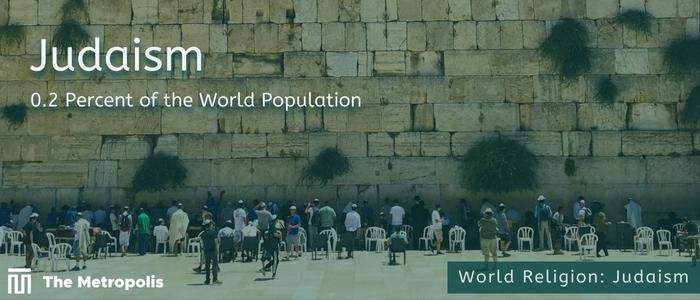Anjum Bin Anam –
Judaism is a monotheistic religion that has its roots in the Abrahamic tradition. It is based on the belief in one God and the acceptance of prophets. These prophets serve as intermediaries between God and humanity, and their teachings are considered divine revelations. In Judaism, the line of prophets starts with Abraham and ends with Malachi.
Judaism believes that a final prophet will come in the future to bring a message from God. This prophet has not yet appeared, but his coming is eagerly anticipated. In the meantime, the teachings of the past prophets, including Moses, serve as the guiding principles for Jewish beliefs and practices.
The role of Abraham (Ibrahim in Islam) in Judaism is especially significant. According to Jewish beliefs, he established the original monotheistic religion and is considered the father of the Jewish people.
The story of Abraham and Isaac (Ishaq) also holds great significance in Judaism. While in Islamic beliefs, it is Ishmael who was taken to be sacrificed, in Judaism, it is Isaac who was taken. This interpretation of the story emphasizes the idea that the Jewish people are descendants of Abraham through Isaac.
According to Jewish scholars, Isaac had a son called Jacob (Yakub in Islam), who had twelve sons and one daughter. Thirteen tribes came from his twelve sons, each son had created one tribe, except Joseph (Yusuf in Islam), who had created two tribes. Judaism also teaches that Moses (Musa in Islam) is the best prophet and that he received the Ten Commandments from God.
Jacob had four wives in the Bible. They were Leah, Rachel, Bilhah, and Zilpah. Leah was the first, and Rachel was Jacob’s second wife. Zilpah and Bilhah were both handmaids of Leah and Rachel, and they were given to Jacob as wives to bear children on behalf of their mistresses.
In the cultural context of ancient times, having children, especially many children, was considered a great blessing from God and a symbol of fertility and prosperity. However, not all women were able to have children. In these cases, it was common for a woman to offer her handmaid to her husband to bear children on her behalf. This was seen as a way for the woman to fulfill her duty to provide her husband with children, and also as a way for the handmaid to secure a future for herself.
Rachel was unable to have children for many years and offered her handmaid Bilhah to Jacob as a surrogate. Bilhah bore two sons, Dan and Naphtali, on Rachel’s behalf. Similarly, Leah offered her handmaid Zilpah to Jacob, and she bore two sons, Gad and Asher, on Leah’s behalf.
The founder of the 13 tribes are as follows:
-
Reuben (Jacob and Leah): Little is known about this tribe and its role in Jewish history, but it is believed that they were the firstborn of Jacob and Leah.
-
Simeon (Jacob and Leah): Simeon’s place in Jewish history is not well documented. However, they are mentioned in the Bible as having taken part in a massacre of the inhabitants of Shechem. This is an event in the Bible in which the tribe of Simeon, along with the tribe of Levi, took part in killing the residents of the city of Shechem in response to the rape of a woman from their tribe, Dinah. According to the Bible, Dinah, the daughter of Jacob and Leah, was taken by a prince of Shechem and was violated. Her brothers, Simeon and Levi, were incensed by this and sought revenge. They went to the city of Shechem and, under the guise of negotiating a peace agreement, attacked the city and killed all the men, taking the women and children as captives.
-
Levi (Jacob and Leah): Levi is the ancestor of Moses. The tribe of Levi is considered a religious and ritualistic tribe. They are said to have been mostly priests and highly migratory and did not have any lands. According to some scholars, the Levites are the living Jewish ethnic group in the world, while others have converted to Islam or Christianity.
-
Judah (Jacob and Leah): This tribe is believed to have given rise to the word “Judaism” and “Jew”. Judah was the ancestor of David (Dawood in Islam), Solomon (Suleiman in Islam), and Jesus (Isha in Islam).
-
Dan (Jacob and Bilhah): This tribe was known for its seafaring and trade, and the city of Dan was an important center of worship in the northern kingdom of Israel.
-
Naphtali (Jacob and Bilhah): Naphtali was known for its agility and swiftness, and was associated with hunting and pastoralism.
-
Gad (Jacob and Zilpah): According to the Bible, Gad was known for his strength and courage, and he is often associated with the characteristics of a warrior. The tribe of Gad was allotted territory on the east side of the Jordan River, in what is now modern-day Jordan. The tribe of Gad played a significant role in the history of ancient Israel, and its members were known for their military prowess and bravery.
-
Asher (Jacob and Zilpah): Asher was associated with agriculture and was known for its rich soil and olive oil production.
-
Issachar (Jacob and Leah): This tribe was known for its wisdom and understanding of the times, and was associated with commerce and trade.
-
Zebulun (Jacob and Leah): Zebulun was associated with seafaring and trade, and played a role in the prosperity of the northern kingdom of Israel.
-
Joseph (Jacob and Rachel): Joseph (Yusuf in Islam) was known for his wisdom and success, and his two sons, Ephraim and Manasseh, went on to found two of the tribes of Israel.
-
Benjamin (Jacob and Rachel): Benjamin’s tribe was known for its loyalty and bravery, and was associated with the pursuit of justice. This tribe is the ancestor of Jonah (Younus in Islam).
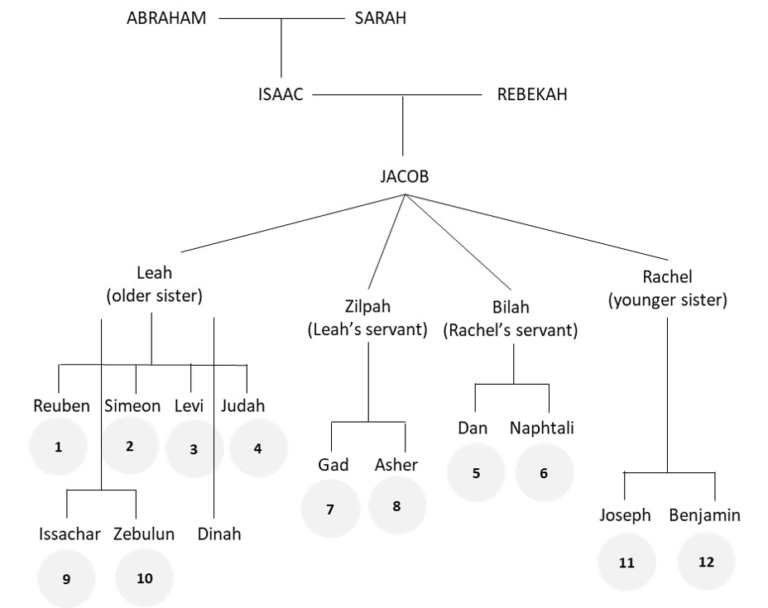
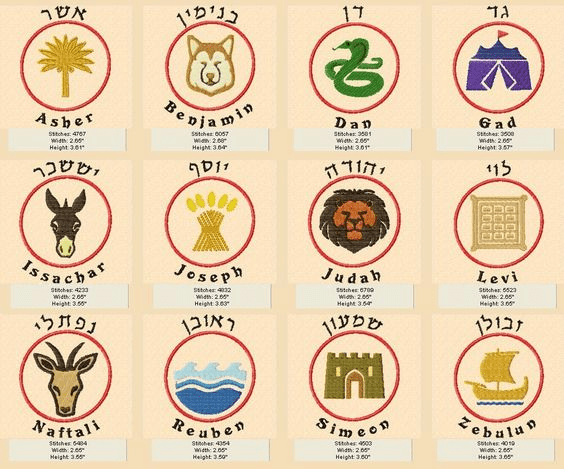
In the present world, Judaism is divided into four sects based on their geographical locations:
-
Ashkenazi: This group of Jews is primarily located in Northern European (non-Hispanic) and Slavic/Soviet countries.
-
Sephardi: This group of Jews is primarily located in Southern European (Hispanic) or Mediterranean countries of Europe.
-
Maghrebi: This group of Jews is primarily located in North African countries.
-
Mizrahi: This group of Jews is primarily located in the Arabian Peninsula, Iranian and Turkish countries.
Judaism is also divided into four main groups based on their beliefs:
-
Haredi (Traditional) – This group follows traditional Jewish values and customs very strictly. They hold a conservative approach to religious practice and are often seen as the most orthodox segment of Judaism.
-
Masorati (Conservative) – This group takes a moderate stance in their beliefs, rejecting traditional values and customs that don’t align with their holy scripture, the Torah. They strive to maintain the essence of Judaism while making it relevant to the changing times.
-
Dati (Modern) – This group adopts a modernized approach to Judaism and emphasizes the importance of adapting to the contemporary world. They view their beliefs and practices as being in line with the changing world while still retaining the core values and beliefs of Judaism.
-
Hiloni (Reformed) – They reject anything inappropriate with time, no matter whether it is linked with traditional values of Jewish ethnic groups or validated in the holy scripture Torah.
Rituals & Beliefs:
Judaism recognizes and respects all of the prophets of the Abrahamic faith who preceded their last prophet, Malachi. They view these prophets as specifically Jewish, using the Hebrew spelling of their names rather than the Arabic spelling.
In addition to their belief in the prophets, Judaism also holds several other unique beliefs. For example, they believe that before Eve was created, Adam had another wife named Lilith who was cursed and banished from the Garden of Eden. They also believe that she later married the ultimate devil-like entity (Iblish in Islam). Additionally, Judaism recognizes the same angels as in Islam but spells their names in Hebrew instead of Arabic. The eternal hell in Judaism is referred to as Sheol.
In addition to recognizing male prophets, Judaism also recognizes seven female prophets. These are –
-
Sarah, the wife of Abraham
-
Miriam, the sister of Moses
-
Deborah, a wise judge of the Israelites
-
Hannah, the mother of Prophet Samuel
-
Abigail, one of the wives of David
-
Huldah, a wise priestess of the Israelites
-
Esther, a beautiful and wise wife of the king of Persia.
One of the central beliefs of Judaism is that Jews are a superior ethnic group, chosen by God to be His beloved servants. They follow strict dietary laws and do not mix meat with dairy products. They believe that no animal should be cooked in its mother’s milk.
The Jews are both an ethnic and a religious group, with most members of the Jewish ethnic group practicing Judaism. Hebrew is the language spoken by many Jews. Judaism has primarily been confined to the Jewish ethnic group and is commonly referred to as the “Jewish religion”. Blue is a common color in Jewish religious symbols, and the Star of David is a revered symbol in the faith. Judaism is a highly monotheistic religion, with its holy day starting at sunset on Friday and ending at sunset on Saturday. It means Saturday is their holy weekly day.
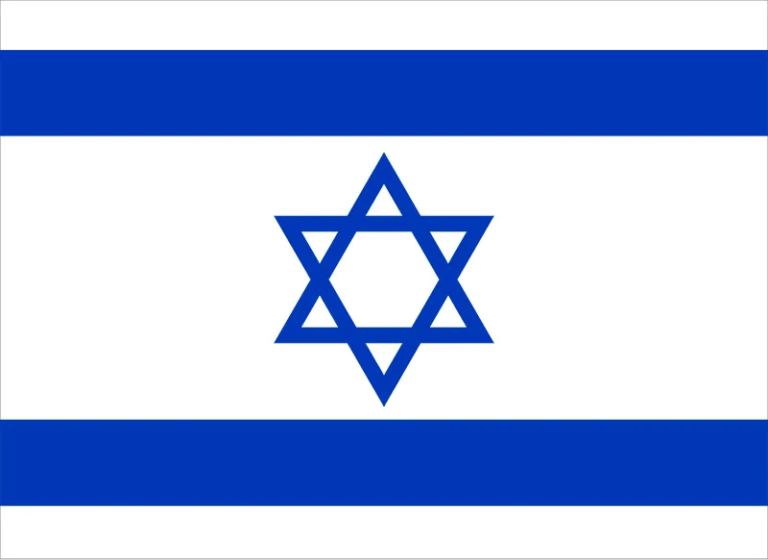
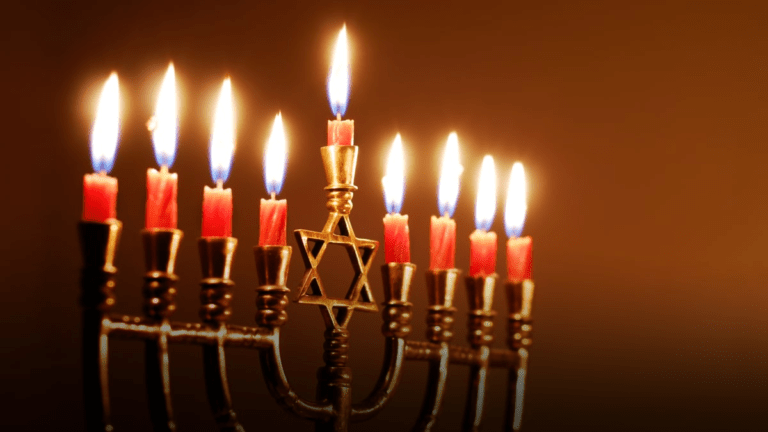
In common with Muslims, Jewish men undergo circumcision of the male genitalia. They follow dietary restrictions, avoiding pork but not alcohol, with wine being considered sacred. A ritual similar to Christian Baptism and Islamic Aqeeqah, the Bar Mitzvah, is observed in Judaism.

Jewish Prayer:
The synagogue is the prayer hall for Judaism followers. They pray three times a day. They also have rituals like Azaan (in Islam), it’s called Barechu.
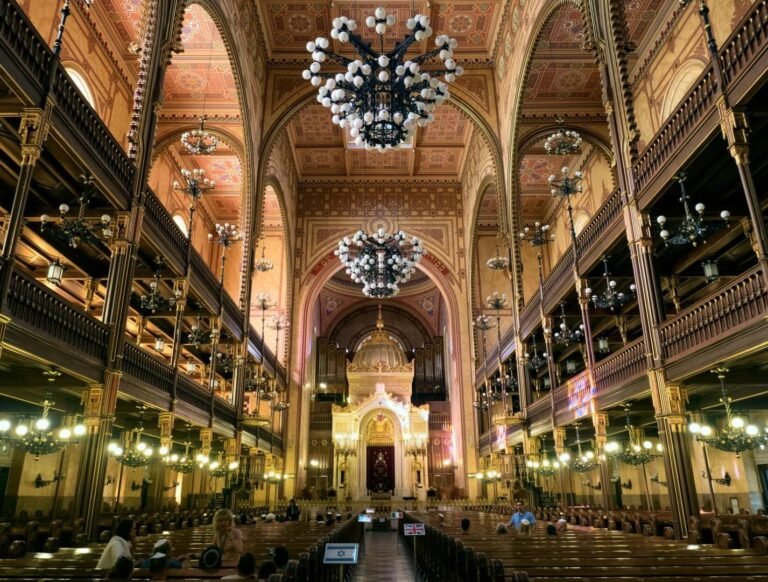
Shofar is a traditional musical instrument used in Jewish religious ceremonies and rituals. It is made from the horn of a ram or other kosher (halal in Islam) animal and is used to mark important events such as Rosh Hashanah (Jewish New Year) and Yom Kippur (Day of Atonement). The shofar is blown in a specific manner to produce a unique sound, which serves as a call to prayer and as a symbol of repentance.
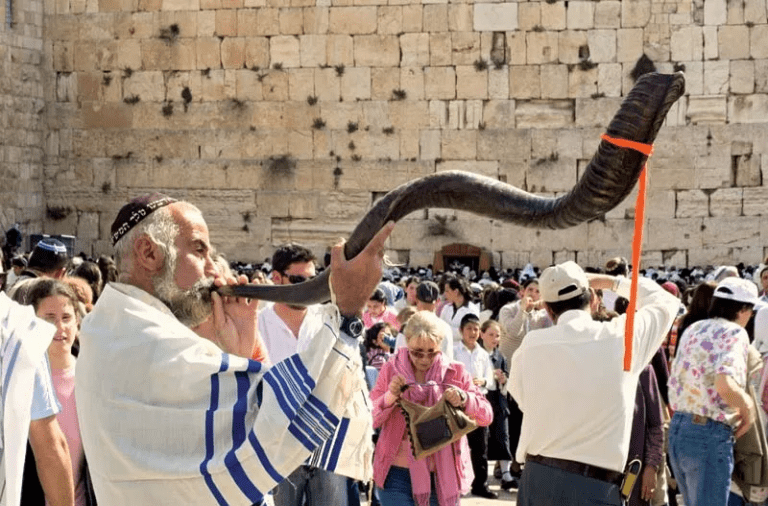
Religious Book & Laws:
The Tanakh, also known as the Torah, is the most highly regarded scripture in Judaism, written in Hebrew. The Talmud serves as a guidebook for the Jewish way of life, while Halakha explains their laws and regulations. The dietary laws in Judaism are referred to as the “Kosher Law”. In everyday language, the Jews greet each other with the word “Shalom” which is similar to the Arabic word “Salaam”. They also say “Amen” as an expression of agreement, which is equivalent to the Arabic word “Ameen”.
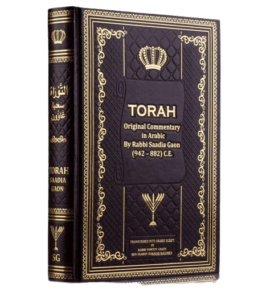
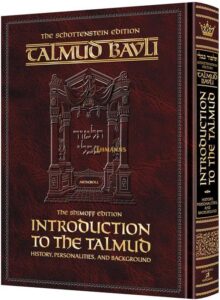
Religious Place:
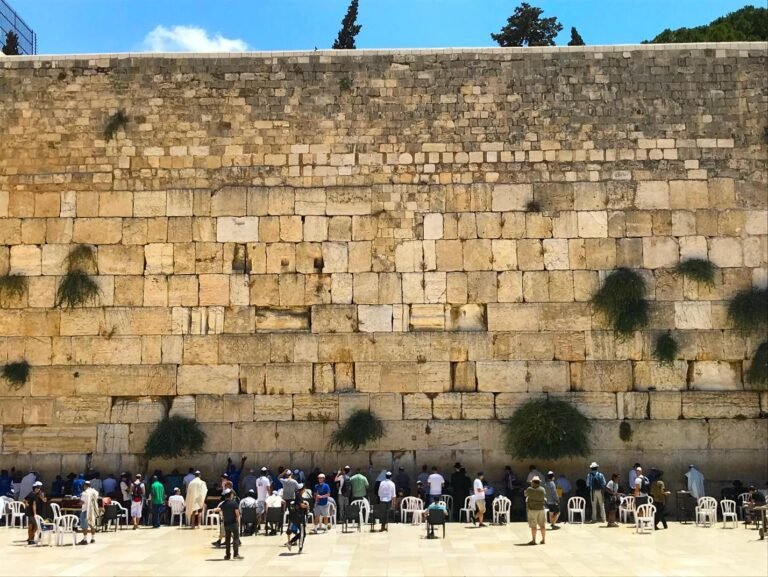

Religious Festival and Prayer:
Judaism recognizes several religious festivals, some of which include compulsory fasting on specific days, similar to Ramadan of Muslims. Some festivals are-
-
Yom Kippur: Largest Jewish festival which is known as a day of atonement and repentance. On Yom Kippur, Jews observe a day-long fast, engage in introspection, and seek forgiveness for their sins. The day is typically spent in synagogues, where prayers and special liturgical services are held.
-
Hanukkah: It is a Jewish holiday celebrated for eight days and nights, typically in late December (at the same time as Christmas). It commemorates the rededication of the Second Temple in Jerusalem in the 2nd century BCE, after the Maccabees’ victory over the Syrian Greeks. Hanukkah is also known as the Festival of Lights and is celebrated by lighting candles on a special menorah, playing games with a dreidel (a spinning top), and exchanging gifts. Hanukkah is a time for families to come together, reflect on their faith, and celebrate the miracle of the oil that burned for eight days when there was only enough for one.
-
Passover or Pesach: It is a major festival celebrated by the Jewish community to commemorate the liberation of the Jewish people from slavery in Egypt. According to the biblical story, God helped the Jews escape from slavery in Egypt by sending plagues upon the Egyptians and finally by striking down the firstborn sons of Egypt. The Jews were told to put the blood of a lamb on their doorposts as a sign to the angel of death to pass over their homes and spare their firstborn. This event is remembered and celebrated during the Passover festival. The festival is typically celebrated for eight days and involves special prayers, foods, and rituals, including the recitation of the Haggadah, a story that recounts the events of the Exodus from Egypt.
-
The Sabbath: It is a day of rest and worship that begins at sunset on Friday and ends at sunset on Saturday. It is equivalent to the Jummah of Muslims.
-
Rosh Hashanah: It is the Hebrew New Year, celebrated for religious purposes. The festival is celebrated for two days, usually in September or October. The holiday is also associated with themes of renewal, judgment, and the creation of the world.
-
Rosh Chodesh: It marks the start of a new lunar month in the Hebrew calendar.
-
Shvout: It is celebrated on the sixth day of the Hebrew month of Sivan. It commemorates the receiving of the Torah by the Jewish people at Mount Sinai and is considered to be one of the most important events in Jewish history.
-
Sukkot: It is the Festival of Booths, during which Jews dwell in temporary huts to recall the Israelites’ journey through the wilderness.
-
Tisha Bav: It is also known as the Ninth of Av. It is a day of mourning for the destruction of the First and Second Temples in Jerusalem and is a time for repentance and reflection on the loss of the Jewish people’s ancient holy sites.
-
Sefirah: It is the counting of the Omer. During this time, Jews count each day as a way of marking the spiritual journey from slavery in Egypt to the giving of the Torah on Mount Sinai. The counting of the Omer serves as a reminder of the spiritual preparation and growth that is necessary to fully receive the Torah.
-
Tu Bishvat: It is the New Year of the Trees. On this day, Jews give thanks for the fruit and vegetation that the earth provides and renew their commitment to preserving the environment and protecting the earth’s resources.
-
Lag Baomer: It is a celebration of the life and teachings of Rabbi Shimon bar Yochai, who is considered to be one of the greatest scholars and mystics in Jewish history.
-
Purim: It is celebrated the salvation of the Jewish people from Haman’s plan to kill them in ancient Persia.



